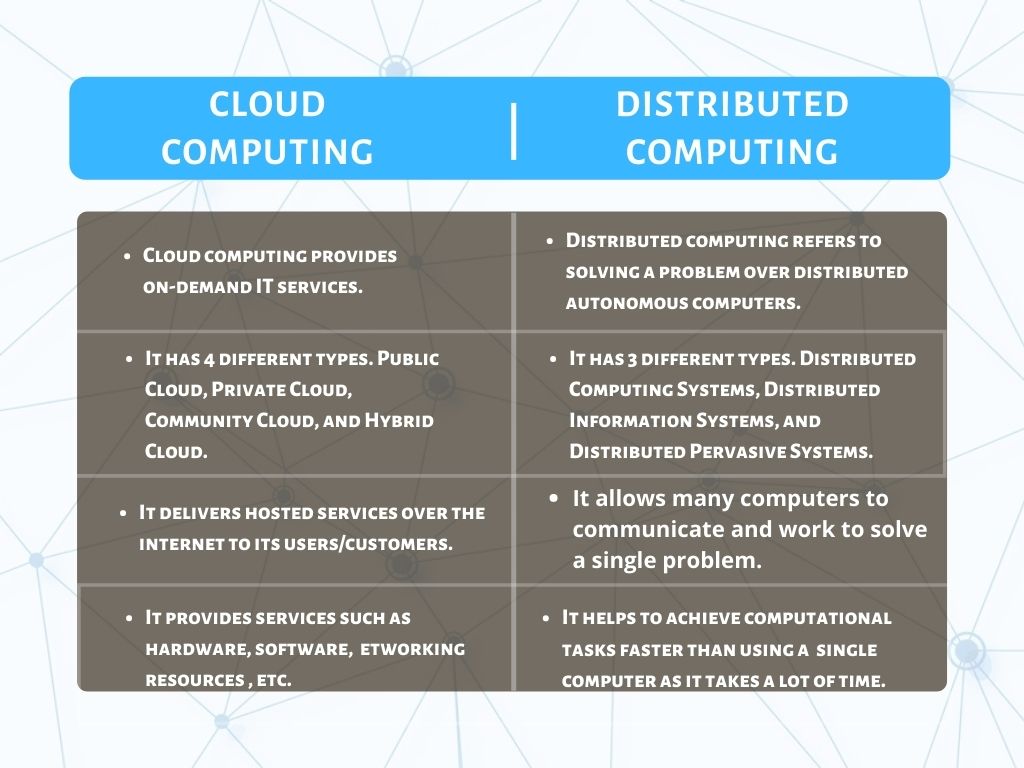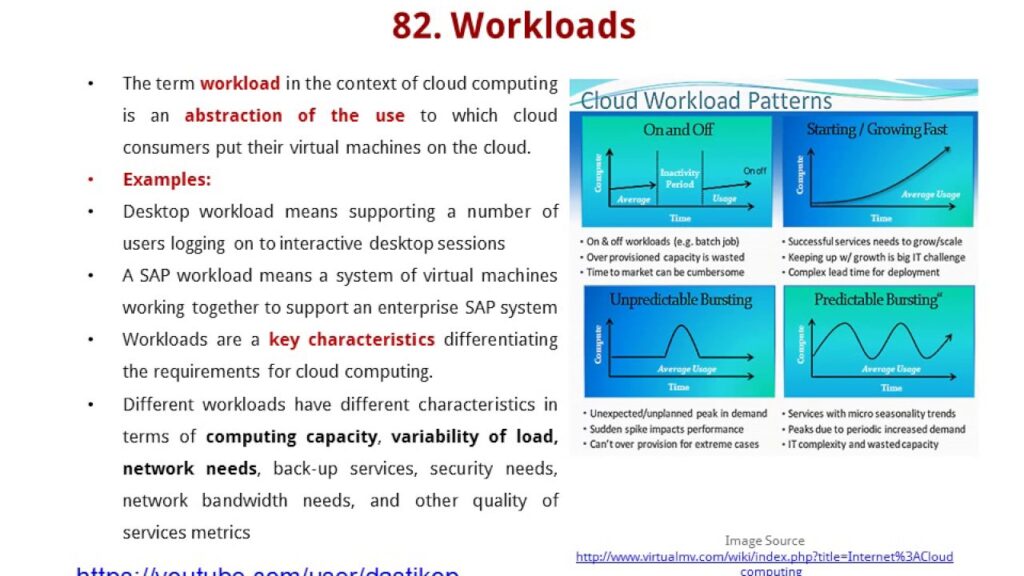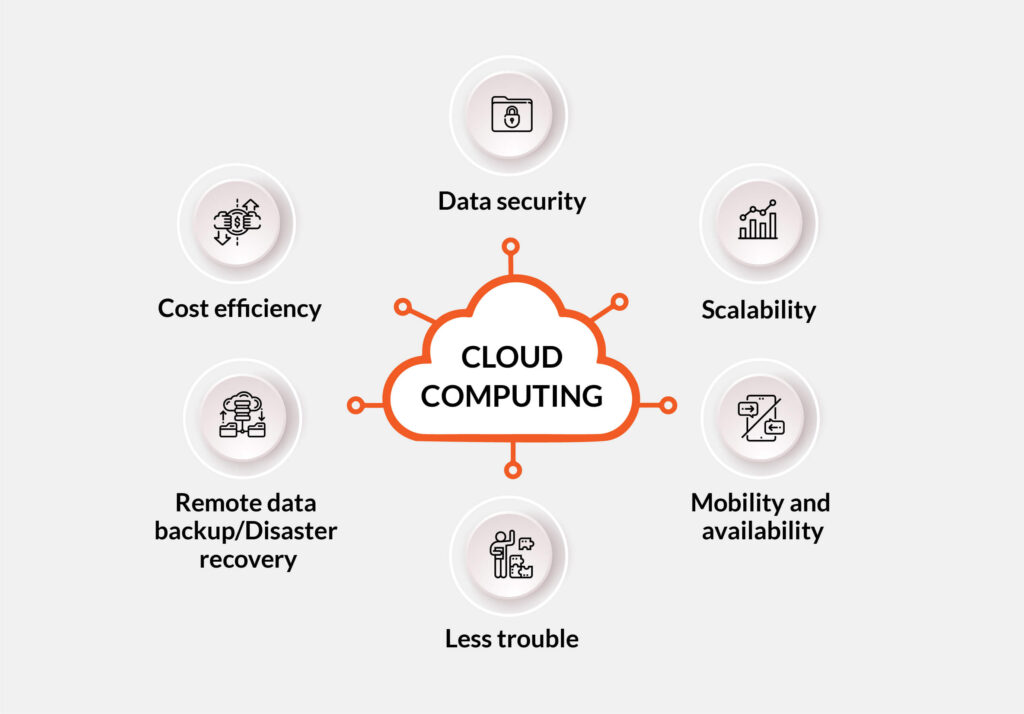As technology continues to advance, businesses and individuals alike are constantly searching for the most efficient and effective computing solutions. Two of the most popular options available today are centralized computing and cloud computing. While these two systems have distinct differences, they also share many similarities that make them appealing to organizations of all sizes.
At its core, centralized computing involves storing and processing data on a centralized server, which can be accessed by multiple users from various devices. In contrast, cloud computing involves accessing data and applications stored on remote servers over the internet. Despite these differences, both systems offer a range of benefits, such as improved scalability, reduced costs, and enhanced security. In this article, we will explore the similarities between centralized computing and cloud computing, highlighting how they can both help businesses achieve their computing goals.
Centralized computing and cloud computing are similar in that they both use a single, centralized system to manage and distribute data. With cloud computing, the system is distributed among multiple computers, while with centralized computing, the system is all contained in one location. Both methods are used to store, manage, and access data quickly and securely.

Centralized Computing Versus Cloud Computing
Centralized computing and cloud computing are two similar concepts that provide users with access to a centralized system. Both solutions offer similar advantages in terms of data storage, cost-effectiveness, and scalability. By understanding the similarities and differences between these two solutions, organizations can make an informed decision on which technology fits their needs best.
What Is Centralized Computing?
Centralized computing is a type of computing system in which all data, applications, and processing are located on a single physical server or virtual server. This type of system is designed to be efficient and cost-effective, as all resources are located in one place. Additionally, centralized computing allows for easy scalability, as users can quickly add additional resources to the system if needed.
Organizations that rely on centralized computing are typically more vulnerable to security risks, as all of their data and applications are stored in a single location. Additionally, if the server fails or there is a power outage, the entire system can be affected.
What Is Cloud Computing?
Cloud computing is a type of computing system in which data, applications, and processing are distributed across multiple physical and virtual servers. This type of system is designed to be highly scalable, as additional resources can be quickly added to the system as needed. Additionally, cloud computing provides organizations with a secure and reliable way to store data and deploy applications.
Organizations that rely on cloud computing typically experience lower costs, as they do not need to invest in hardware and software. Additionally, cloud computing allows organizations to quickly and easily access data from anywhere in the world, making it ideal for businesses that operate in multiple locations.
How Are Centralized Computing and Cloud Computing Similar?
Both centralized computing and cloud computing provide organizations with access to a centralized system. This means that organizations can access data and applications from a single location, no matter where they are located. Additionally, both solutions offer scalability and cost-effectiveness, as additional resources can be quickly added when needed.
Finally, both solutions offer similar levels of security, as both centralized and cloud computing systems are designed to be secure. Organizations that utilize either solution should ensure that their systems are regularly updated and monitored to ensure maximum security.
Frequently Asked Questions
Centralized computing and cloud computing are two similar yet distinct models of data storage and processing. Both models involve storing and processing data in large, centralized networks of computers, but they differ in terms of how they are accessed and used. Understanding the similarities and differences between these two models is important for anyone considering either one for their business or personal data storage needs.
What is Centralized Computing?
Centralized computing is a model of data storage and processing in which all the data and computing power is located in one central location. This central location can either be a single physical server or a network of servers in a data center. In this model, users access the data and computing power through a single point of access, often over the internet. This makes it easy for users to access their data from any location, but it also makes the system more vulnerable to security threats, as all the data and computing power is concentrated in a single location.
What is Cloud Computing?
Cloud computing is a model of data storage and processing in which the data and computing power are stored in a network of remote servers, often referred to as the “cloud.” This makes it more secure than centralized computing, as the data and computing power are spread out over multiple locations. Users access the data and computing power through web-based applications and services, making it easy to access their data from any location with an internet connection.
How Are Centralized Computing and Cloud Computing Similar?
Centralized computing and cloud computing are similar in that both models involve storing and processing data in large, centralized networks of computers. In both models, users access the data and computing power through a single point of access, usually over the internet. Both models also offer the convenience of being able to access data from any location with an internet connection.
How Are Centralized Computing and Cloud Computing Different?
The main difference between centralized computing and cloud computing is the location of the data and computing power. In centralized computing, all the data and computing power are located in one central location, while in cloud computing the data and computing power are spread out over multiple locations. This makes cloud computing more secure than centralized computing, as the data and computing power are not concentrated in a single location.
Which Model is Right for Me?
The right model for you will depend on your specific data storage and processing needs. Centralized computing is typically more cost-effective and easier to set up and manage, but it is also more vulnerable to security threats. Cloud computing is more secure, but it is also more expensive and more complex to set up and manage. It is important to consider your specific needs and budget before deciding which model is the best fit for you.

1 1 Centralized computing & Distributed computing
In conclusion, centralized computing and cloud computing share many similarities, despite their differences in architecture and implementation. Both technologies involve the consolidation of computing resources to ensure efficient and effective service delivery to end-users. Centralized computing relies on a single server or a group of servers located in a central location, while cloud computing leverages the power of the internet to provide computing resources to users across the globe.
Both centralized and cloud computing offer numerous benefits to organizations seeking to streamline their operations and reduce costs. They provide a scalable, flexible, and secure platform for storing and processing data, allowing businesses to focus on their core competencies without worrying about managing their IT infrastructure. As the digital landscape continues to evolve, it is essential for businesses to embrace these technologies to remain competitive and meet the growing demands of their customers.



